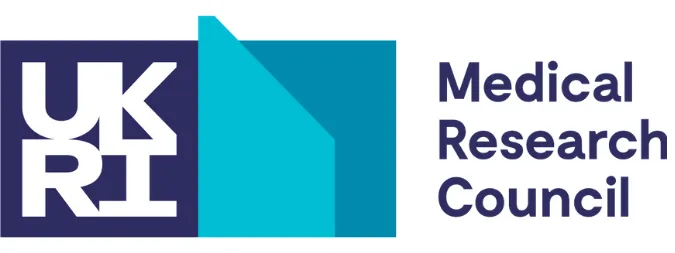We are fascinated by the inherent plasticity of seemingly differentiated pancreatic cells and the molecular cues behind cell fate changes. Our previous work uncovered a latent capacity for regeneration in the pancreas, which could be harnessed to replace crucial insulin-producing cells lost to disease. Our main goal in the Sancho lab is to decipher the fundamental regulatory networks involved in pancreatic cell fate decisions using adult and iPSCs derived organoids, and to apply this knowledge to new strategies in regenerative medicine for diabetes.
Previous Lab Members
- Ana Maria Cujba: PhD student at the Sancho Lab from 2017-2021. Currently doing a PostDoc in Sarah Teichmann Lab at the Sanger Institute (Cambridge).
- Alexandra Goncalves: Research Assistant at the Sancho Lab from 2017-2019. Currently doing a A*Star PhD (University of Manchester / Skin Research Institute of Singapore)




